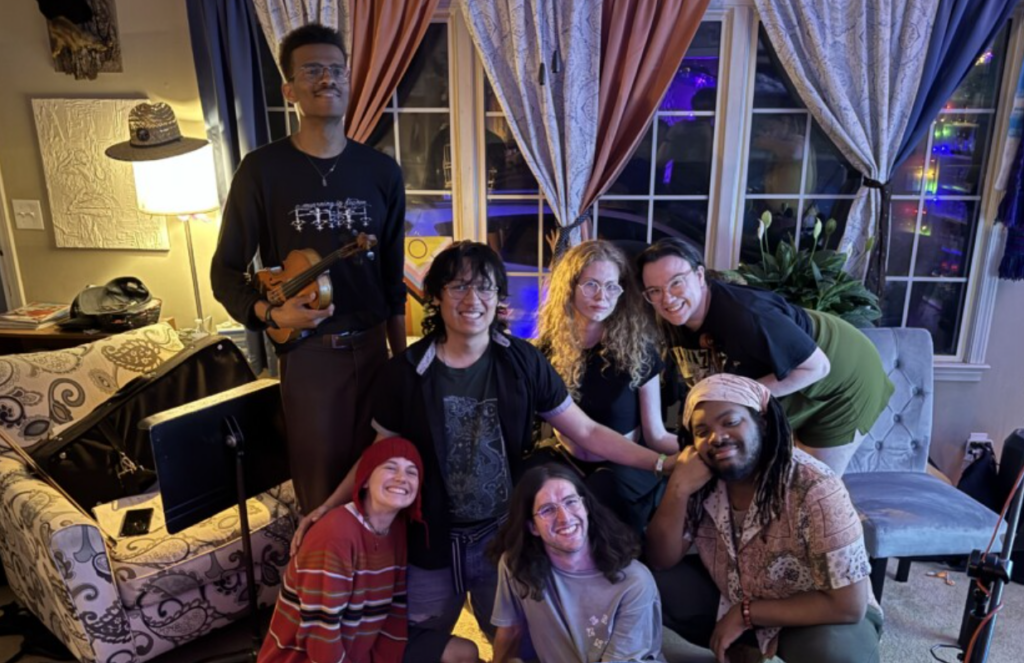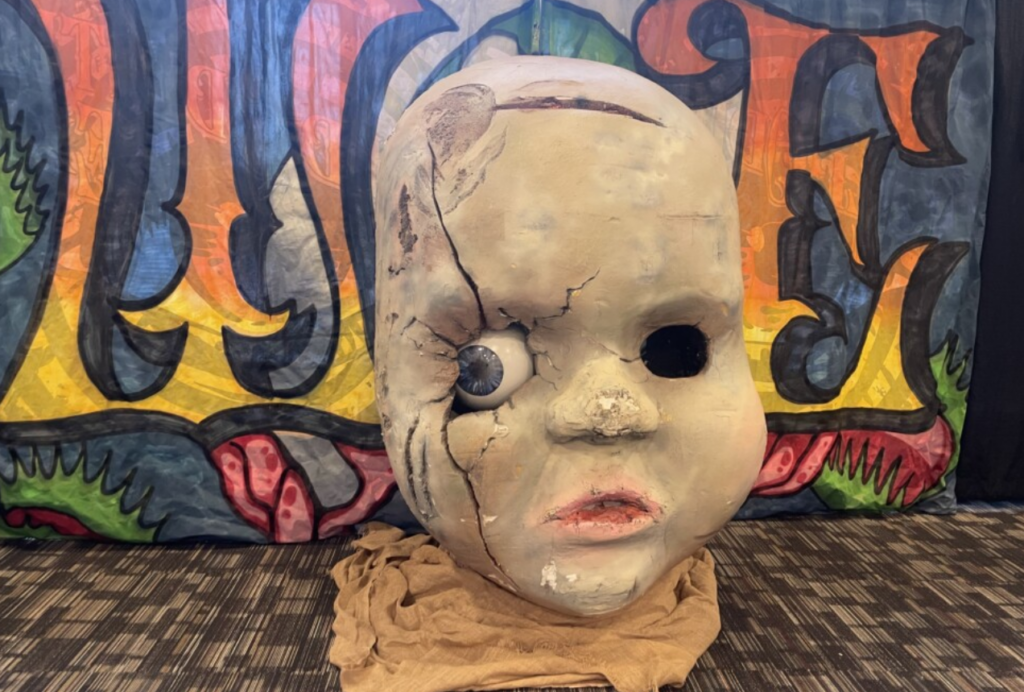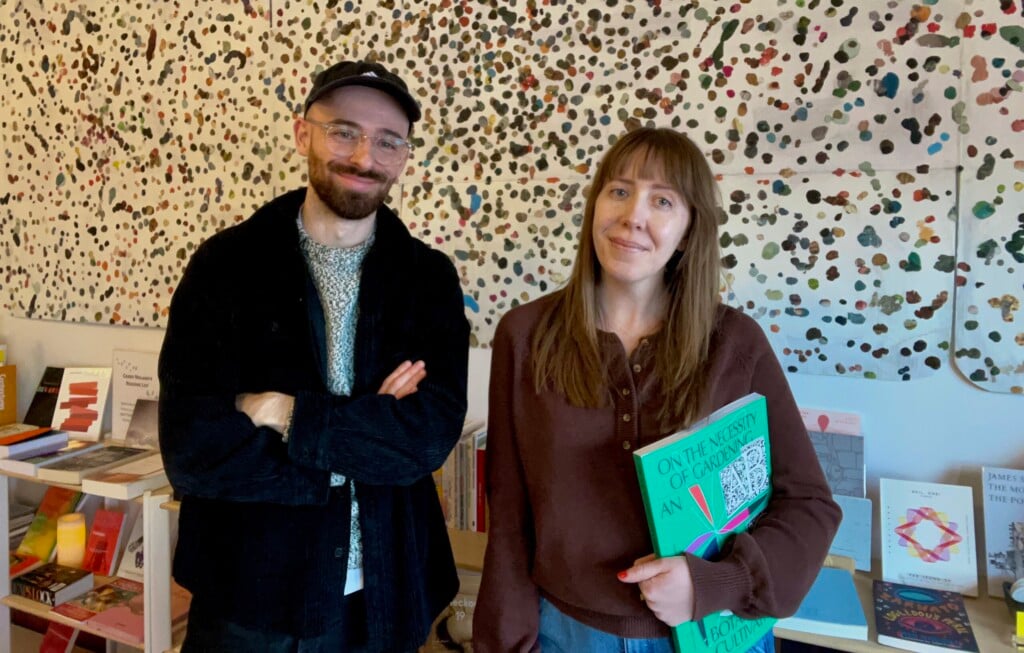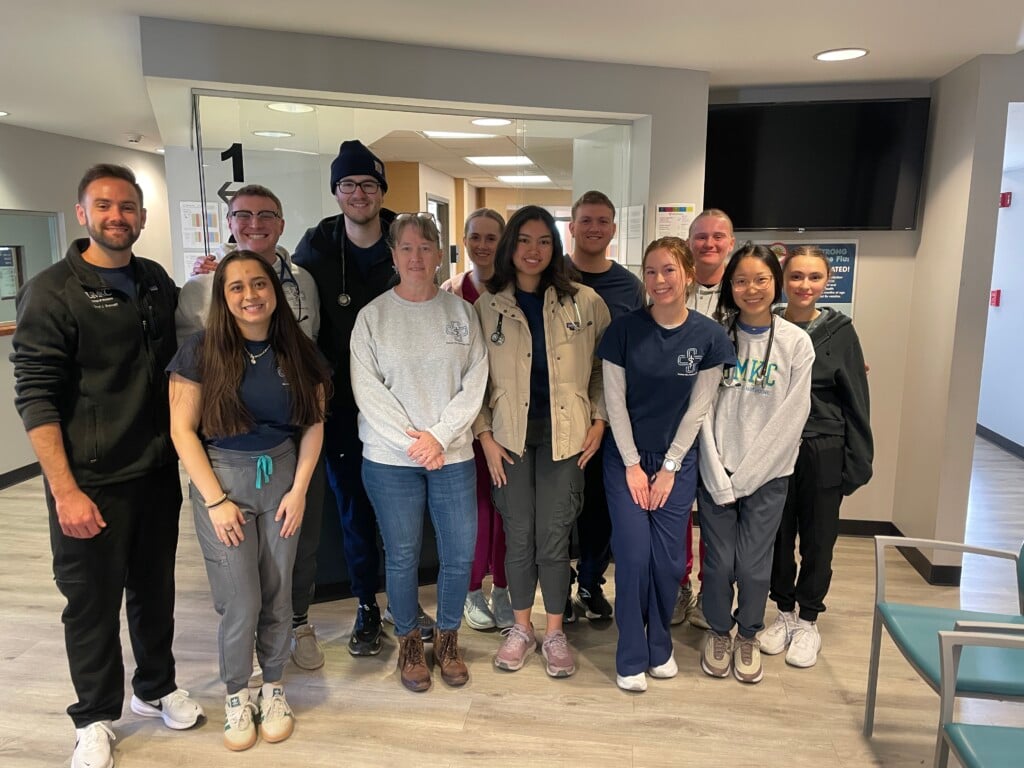KC Cares: Turn the Page KC
Turn the Page KC wants the community to work together to make sure kids can read at their grade level by third grade.
“That is pretty well-researched and shown to be a pivotal time in which children shift from learning how to read to using reading in all of their learning. Proficiency in the third grade is an indicator of future success, both in school and beyond,” says Kristin Droege, executive director of Turn the Page KC.
Multiple programs from the group help local kids meet that goal. The first is just making sure they have books available to them that show characters who look like them.
“The reason we shifted over the last few years to only providing new books is the children’s publishing industry has really not kept pace with the need for equitable representation, diverse characters, diverse authors,” Droege says.
With the 10,000 books they distribute each year, the group highlights local authors and books written by people of color, such as Kansas City native Derrick Barnes’ book I Am Every Good Thing.
“In order to really create successful readers, children have to be excited about reading. They have to want to learn to read. For such a long time, the books being produced really didn’t invite a lot of children into reading,” Droege says.
Recently, Turn the Page KC partnered with Lead to Read KC and Literacy KC to install book vending machines at Kansas City International Academy, Trailwoods Elementary, and the Turner District Sixth Grade Academy. The funding came from the engineering firm HDR.
Turn the Page KC has committed to filling each of the vending machines three times a year for three years with approximately 250 to 300 books each time.
Kids can use school-supplied tokens to get a book. Each school decides how the kids get their tokens, such as offering them as a birthday treat or as a reward for good behavior.

Former Kansas City mayor Sly James reads to kids at a recent Turn the Page KC event. // Courtesy photo
In addition to focusing on access to books, Turn the Page KC works with families via neighborhood literacy councils in its Read 360 program to see what kind of support each area needs to help parents make reading skills a priority. Currently, there are two councils, with a third scheduled to start in January.
The program partners with many other organizations in the metro, from the Kansas City and Mid-Continent library systems to the Front Porch Alliance and Latinx Education Collaborative.
Councils allow parents and other interested adults to express concerns and share their goals or needs regarding improved literacy in their neighborhoods. They’re also conduits to connect all the partner organizations to the people who need resources.
Ebonee Bryant, a parent with five children and one more on the way, joined her local council after Tina Gill, director of collective impact initiatives for Turn the Page KC, knocked on her door.
The idea of a group that would give books to children and help parents be better teachers to their kids caught her attention.
“Even if we didn’t necessarily have the proper tools to do it, they were going to help us with the tools. I thought it was quite interesting, so I decided to go to a meeting, and I fell in love,” Bryant says.
Bryant joined the council and has found that its ideas and resources have definitely been helpful to her family.
“I have a lot more patience when it comes to sitting down and actually getting my children to understand the literature they’re reading. I don’t get as frustrated. I’m more calm because I have gotten tools to take a better approach to teaching my children,” she says.
She sits with her kids every day for a 15-minute reading time, where she encourages them to read anything from magazines to comics to books. One of her sons, who had been behind at school in reading last year, is now reading at his appropriate grade level.
“Reading is reading. I had to learn that, too. It doesn’t matter what they read, as long as they read,” she says.
She especially loved a Turn the Page KC event where former Kansas City mayor Sly James came and read to the kids.
All three councils are based in Kansas City, but Droege says she’s open to creating new ones in different parts of the metro.
“We have a number of criteria we look at. Unfortunately, what we find is that there are far too many communities that meet those criteria,” Droege says.
That information includes local school test scores, both current and past, average income levels, and access to affordable housing. What’s key, though, is having a partner organization that has been engaged with that community and that people in the community trust.
A former first-grade teacher, Droege delights in seeing kids grasp their newfound knowledge.
“I really love watching children learn to read. It’s almost like they know coming into first grade that there’s this code they have to crack,” she says. “There’s usually this moment where they’ve experienced that aha moment of, ‘I read something!’ You can see it in their face. They’re so excited about it.”
Turn the Page KC always needs volunteers for its public activities, such as its Festival of Reading, which happens twice a year. Droege also directs people who want to volunteer on a more consistent basis as a tutor or reading mentor to several other literacy organizations with which they partner. For more information on volunteering, go to turnthepagekc.org and choose “volunteer” from the drop-down menu.





